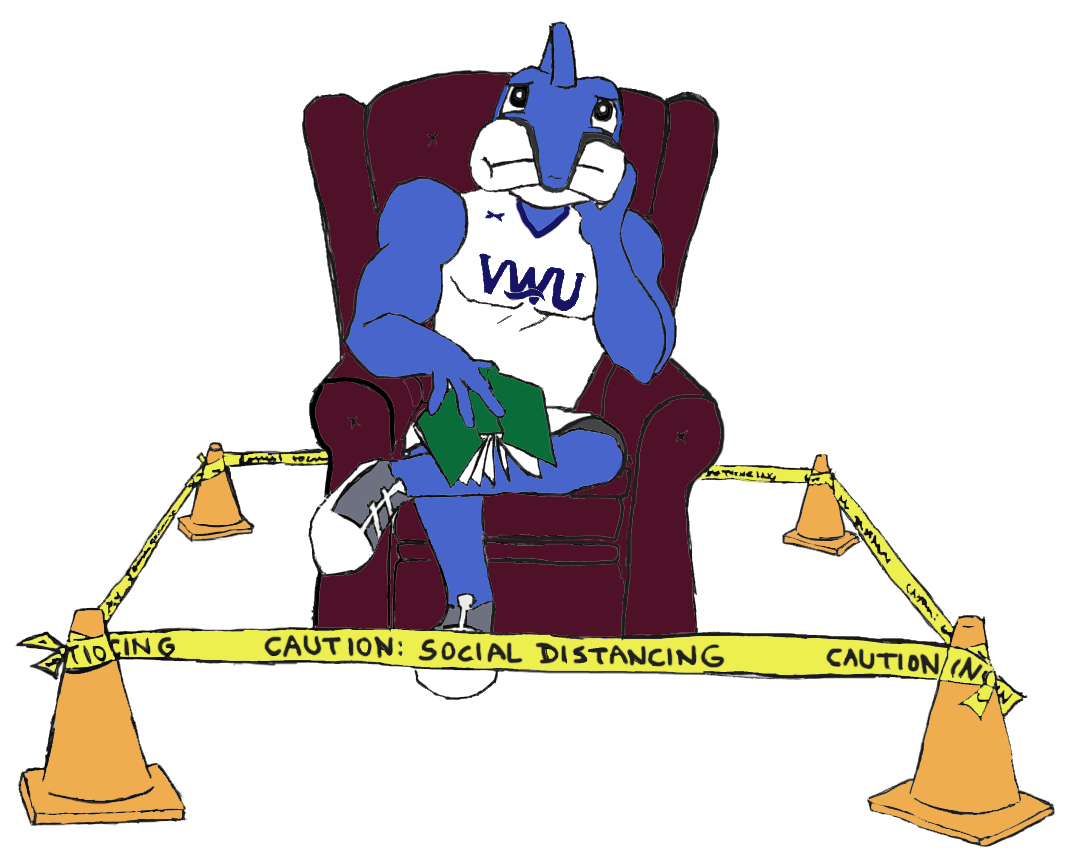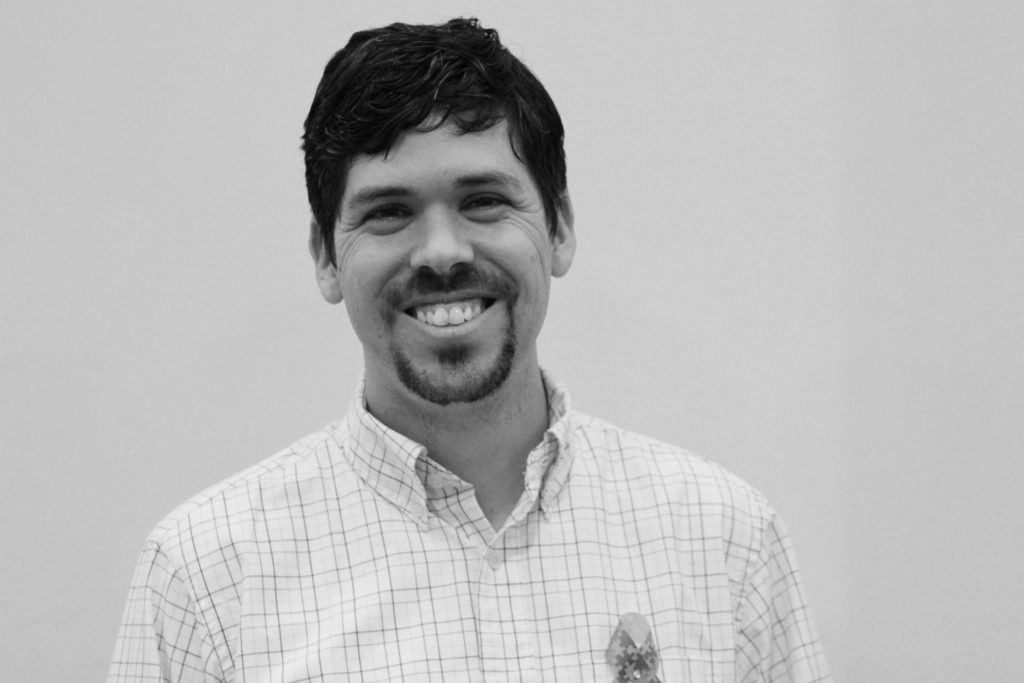When you’re stuck in quarantine, what is there to do? Lounge on the couch, binge watch Netflix, surf the web, eat some snacks and, unfortunately, do your homework. Even though our campus is closed off due to the quarantine, we still have classes and responsibilities. Despite what has resulted due to COVID-19, students and teachers still have a job to do to close out the semester. However, this pandemic has come with its drawbacks: stress, boredom, stir-crazy tendencies, loneliness and overall isolation. With no clear end in sight for this pandemic, we will continue to strive to do our best and remain vigilant during this crisis.
The shift from computer to classroom has created drastic changes in many classes. Students and staff have made use of Blackboard before, but the shift to online status has made the site mandatory.
“It has been extraordinarily time consuming,” Communication Professor Dr. Stu Minnis said. “I’ve been spending a lot of time trying to find ways to make sure the online learning experience is as fair and productive as the in-class experience.” Chair of the Theatre Department Dr. Sally Shedd said, “It was challenging, yes. Suddenly, I had to become familiar with technology such as Google Meet. Luckily, I already utilized Blackboard for all my classes. That made the transition much easier for me than some.”
Students and staff have had to use other forms of technology such as Google Meet, Google Hangouts, Zoom and Slack. Luckily, these sites used for communication purposes are free for everyone. Still, there will always be students and staff struggling with the switch to online classes as there are those who prefer going to class physically rather than staring at a computer screen for however many hours. When English Professor Gavin Pate was asked if it was easier, he answered with a stern, “No.”
However, sophomore Sarah Gazala has had very few struggles with the switch. When asked if things were easier for her during all of this, she answered, “It depends on the class. Calculus is going to be the only challenging one.” Of course, certain classes will need certain amounts of physical attention, such as labs or certain outdoor electives. Courses that require a specific amount of note-taking will shift to PowerPoints, and classes with papers and essays that require texts will make use of the library’s online capabilities as well as downloadable links from places such as Google or Blackboard. So far, people have been adjusting to the means of using these social mediums to maintain their education and grade point average.
Towards the end of the spring semester, teachers have made certain preparations for a wrap up of the last weeks of classes. Some professors intend to move forward with final exams, with a few tweaks to make it easier for online distribution, while others have taken measures to balance out the rest of the coursework should they decide to drop the finals altogether.
As the semester comes to an end, there is still a lingering fear regarding the fall and how that will be different given the pandemic. Teachers such as Minnis hope “that the nations will have done something to get a handle on the pandemic so that these extreme measures of social distancing won’t be necessary.” Other teachers, such as Pate, are preparing to have a better handle on the remote course style of teaching.
As we continue to move forward with the spring semester, the pandemic keeps us locked in isolated quarantine in order to keep one another safe from the virus. However, it continues to spread despite these efforts. Hopefully, countries across the globe will get a handle on this, as Minnis hopes, and the students and staff of Virginia Wesleyan will be able to return to campus in the fall.
Meleena Dreiling
mjdreiling@vwu.edu



